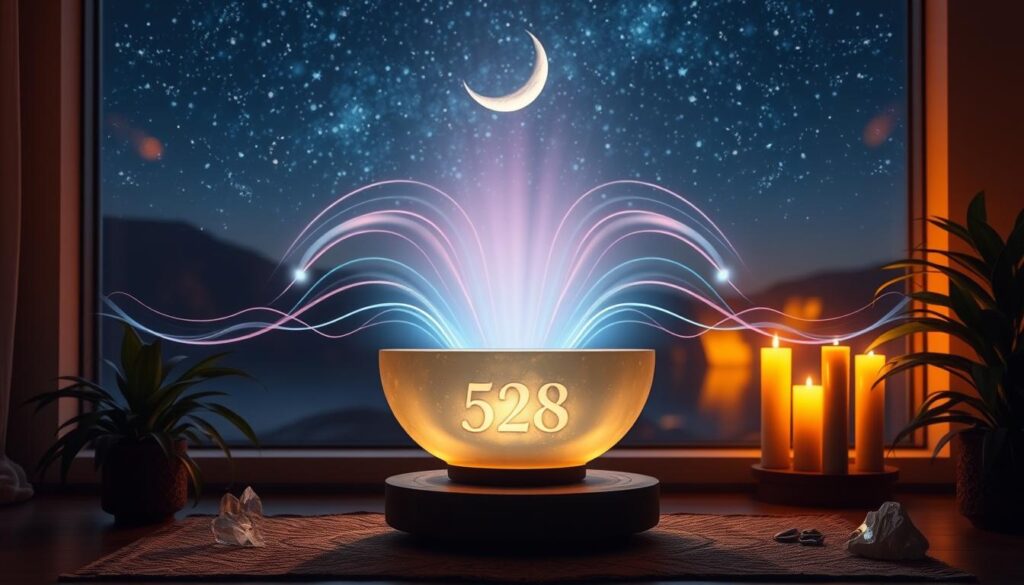Relaxing Sleeping Music Benefits
Putting on music before going to bed and falling asleep while listening to it is a well-established habit for many individuals.
According to the results of a survey conducted by scientists at the University of Sheffield in the United Kingdom, 62 percent of those surveyed (or nearly two-thirds of the 651 people from various countries around the world who were included in the sample) fell asleep while listening to melodies and songs.
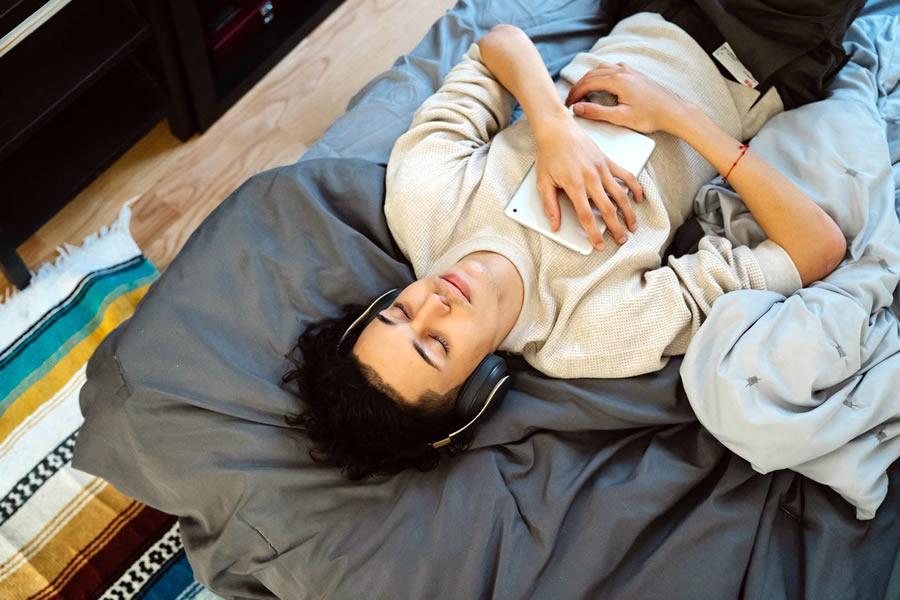
Participants in the same study identified the primary reasons for which they play music before bed: the relaxing effect of music, the auditory masking that it facilitates (by masking other possible noises), their own habit, their passion for this art, and their ability to provide mental distraction were the most frequently mentioned. It’s true that listening to music has a variety of health benefits. Music, in addition to providing pleasurable experiences, can also help to lower heart rate, boost mood, and even aid in learning processes.
In order to achieve this, it is employed as a therapeutic component prior to and after surgical operations, in treatments for depression and Alzheimer’s disease, and in other situations. One might wonder, however, whether it is practical to fall asleep while listening to music in spite of all of these beneficial effects. Isn’t it preferable to go to sleep in complete darkness? Isn’t it possible that music could be a distracting factor in your quest for a good night’s sleep?
It is beneficial to listen to music before bed?
Many scientific studies have been conducted in order to provide an answer to these questions: falling asleep to music is beneficial. According to a study of a dozen research conducted by Chinese experts and published in 2014, “music greatly enhanced the quality of sleep” in the instances reviewed, and it can be used to aid in the treatment of patients suffering from acute and chronic sleep problems, among other things.
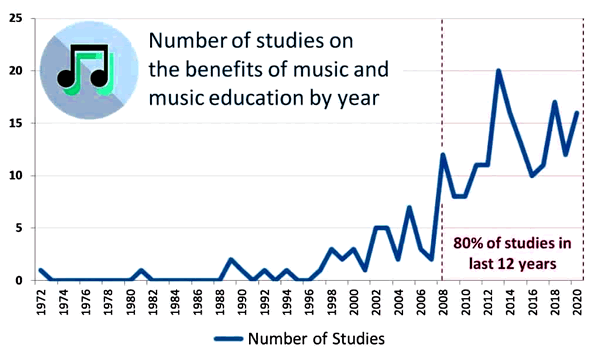
An additional meta-analysis, this time focusing on the influence of music in the treatment of insomnia, was published a year later by researchers from Denmark and the United States. Because the findings were good, the study’s conclusions said that “music can be useful in increasing the quality of sleep, in individuals with insomnia symptoms,” which is consistent with previous findings. This type of research makes perfect sense in several respects.
This is especially true when one of the most important instruments utilized by mothers and fathers in raising their newborns from the beginning of time is taken into consideration: lullabies. From the earliest days of a person’s life, music has been proven to aid with sleep. A study by Harvard University scientists, published late last year, found that lullabies are “ubiquitous and also quite stereotyped,” according to the findings of a study that studied music in more than 300 societies around the world. the entirety of the world
The lullaby with the most verses

In response to these findings, the musician Max Richter composed Sleep, an eight-hour lullaby that will be performed live and at night in front of an audience that is urged to bring cushions and bedding with them to the performance. Richter (now based in London but originating from the German city of Hamelin, which corresponds to the location of the piper in the narrative, and who is capable of directing rats and children with his music) performed his “long lullaby” during the 2017 Madrid International Film Festival.
Regardless, keep in mind that music like Richter’s can assist you in falling asleep, but that once you are sleeping, the music’s impact ceases. There is a popular belief that the sounds that a person is exposed to while sleeping might have a subliminal effect on them. This belief is still widely held today. However, it is a religious notion that has no scientific basis. According to an essay written by Joseph F. Chandler, a professor of psychology at Birmingham University School, Richter’s music “may help you sleep easier, but you will probably miss the most of the event,” according to the article.
Sleeping while listening to music has numerous advantages
Based on this research, the National Sleep Foundation (FNS) of the United States encourages listening to music before going to bed, particularly for persons who have difficulty falling asleep at night. Music, according to the organization, has several advantages over sleeping pills, including the fact that it is less expensive, does not cause addiction, and has no harmful side effects.
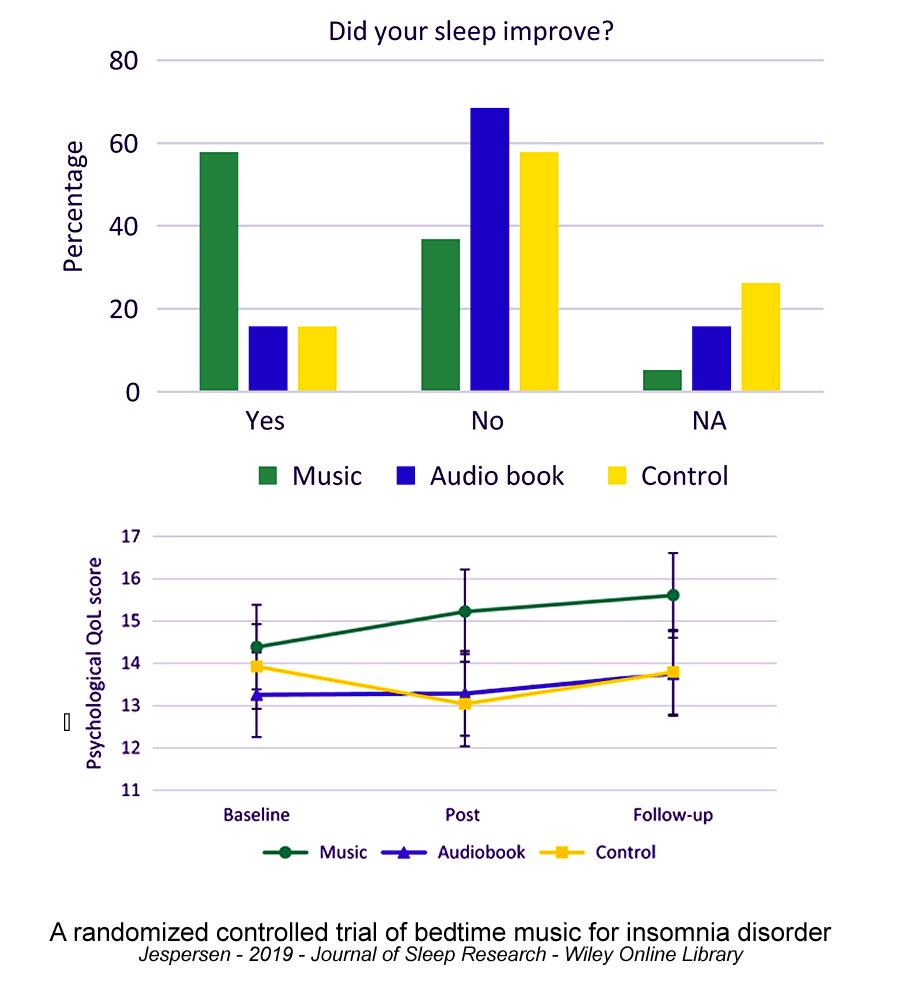
According to the study, older persons who listen to 45 minutes of calming music before bed fall asleep more quickly and for a longer period of time, wake up less during the night, and have better sleep quality. Young people can also benefit from the program, which is not only available to older persons. People who listen to music before going to sleep had higher quality sleep than those who listen to audiobooks before going to sleep, says the Foundation for Neuroscience (FNS), whilst those who do not listen to anything before going to sleep have the poorest quality sleep.
According to him, some of the physiological effects that music has on the body (such as lowering heart and respiratory rates, decreasing blood pressure, and relaxing muscles) are the same as those that people experience when they are falling asleep, for whom “music is the preparation perfect for a good night’s sleep.”
What kind of music should you listen to before bed?
What type of music to listen to before falling asleep is a personal preference for each individual, although slow rhythms are the most acceptable, according to the FNS specialists.
And who are the sluggish individuals? Those with a speed ranging between 60 and 80 percussions (or beats) per minute are considered to be slow. Classical music, for example, or genres such as jazz or folk music.
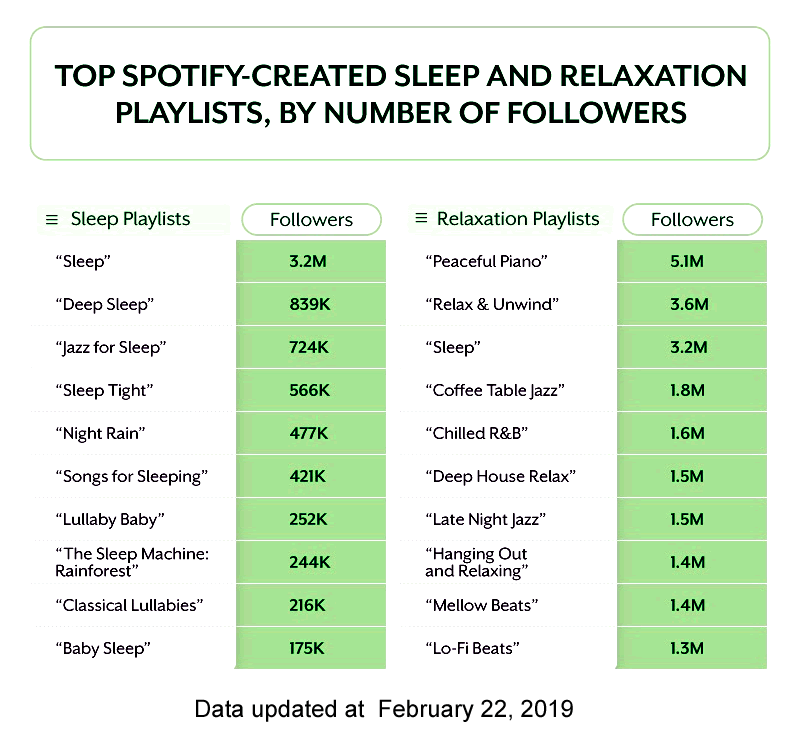
In 2015, Spotify stated that Ed Sheeran was the artist with the highest prevalence in ‘sleep playlists,’ that is, in the playlists for sleep that users had constructed for their own enjoyment. One of the most popular lullabies, according to a study conducted by the British website Cuckooland last year, is One by U2, which was chosen for its slow speed and “simple, predictable melody,” among other things.
Scientists are baffled by the rhythm’s occurrences and patterns. We are sensitive to our heartbeat from the beginning of our lives, Jessica Grahn, a researcher at the University of Western Ontario in Canada, explained. “We move our feet and shake our heads because we are sensitive to our heartbeat,” she added.
Computer algorithms, on the other hand, despite decades of effort, have yet to come close to the “automaticity and flexibility” that we humans exhibit while attempting to recognize it.
When it comes to music, this type of mimetic ability could explain why listening to a song too quickly before bed is hazardous for sleep. And the contrary is true: listening to a slow, calming tune is good.



